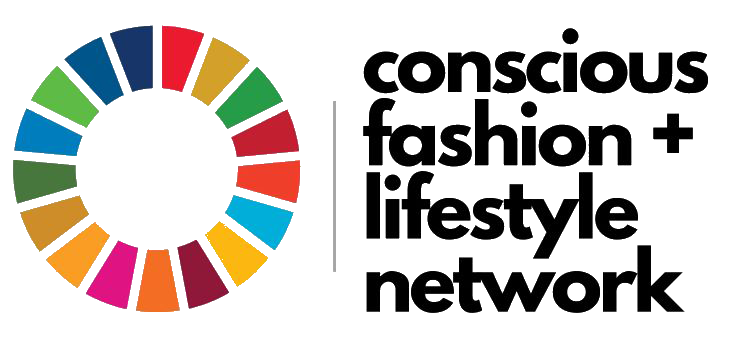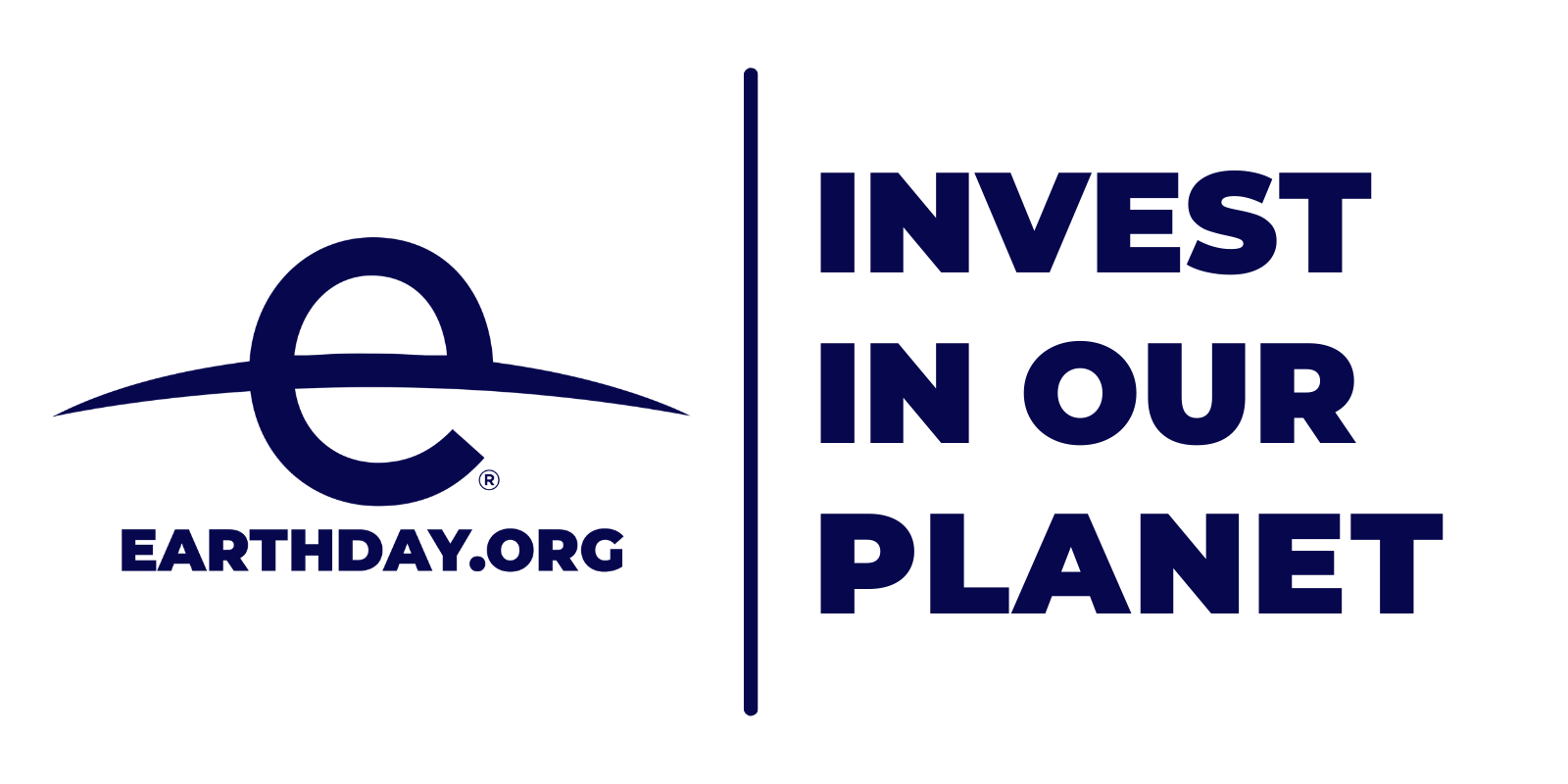Pei speaks at UN Ocean Conference
The work of the UN through respective countries is critical in saving our planet, in creating harmony between people and protecting our diverse and threatened biodiversity. In early July, I spoke at the opening of the side events at the UN’s Ocean Conference in Portugal alongside many notable speakers including global ambassadors from Portugal and Sri Lanka. I was grateful for the opportunity to share ACTAsia’s vision and how our pioneering work with our recently founded CCN is aligned with the UN’s blueprint for the future.
Why was I invited to speak at the UN Ocean conference?
It was a great honour for ACTAsia to co-host the side event together with China Biodiversity Conservation and Green Development Foundation. ACTAsia’s award winning work follows the much heralded ‘Sustainable Development Goals’ (SDG’s) as set out by the UN.

I strongly believe that ACTAsia’s work drives long term, sustainable change for animals, people and the environment through a range of education programmes for children, consumers and professionals. Our education programmes ‘Caring for Life Education’ – as recognised by the UN – drive positive and sustainable long-term change in Asian societies, helping people to understand and appreciate the importance of the interdependence of animals, people and the environment.
My message for the UN Ocean conference
Climate change is driving major changes and loss in ocean biodiversity, with significant impact on our planetary health. As well as other anthropogenic factors, climate change is making oceans more vulnerable by increasing ocean temperatures and acidity and decreasing oxygen, causing the erosion of ocean biodiversity. Overfishing, overspend and overconsumption of seafood has been one of the most significant aspects which is causing dramatic damage and we are failing to protect marine life and its biodiversity.

The world’s growing demand for marine fishery products and other seafood is increasing at an alarming pace which will cause catastrophic damage to the ecological balance of marine life. In addition to the damage to the ecological balance, there are currently approx 540 million people in the world who benefit directly from fish production, and a disaster in the marine ecosystem would have a terrible impact on the economy and their livelihoods.
What is ACTAsia doing and what can you do to protect our oceans?
In order to conserve marine biodiversity, we must tackle overfishing and irresponsible consumption. ACTAsia’s award winning Consumer Education programme calls for consumers to be part of a compassionate lifestyle and consume responsibly. If we have learnt anything from the covid pandemics, it is that we cannot just take nature for granted. The interconnection between animals, humans and the planet is irrefutable, and the health of each depends on us all adopting a One Health approach.
If we continue to overfish, many of the world’s fish populations may be gone within 25 years and the death or deformation of marine life, alters the ecological balance of the entire ocean. The reduction in biodiversity will not only threaten human food sources but, more seriously lead to further endemic outbreaks. By educating future generations through our Caring for Life education for children in addition to rolling out our Compassionate Choices Network we hope that we can raise awareness regarding the accelerating threat towards our oceans.
As consumers, we need be aware of the danger of rising sea temperatures, that fish species are disappearing and that dangerous microplastics are floating in sea. As consumers we need to understand the combined detrimental affects that these factors are having on the planet and our health. When the life below us is under threat, the life on land will therefore be in danger which impacts the human race. We are all interconnected but we often choose to ignore this fact. In addition, we must all learn the importance of responsible consumption – our natural world simply cannot sustain further aggressive and seemingly endless depletions from the sea or land.




What is ACTAsia’s Compassionate Choices Network?
In the summer of 2021, ACTAsia launched a new initiate called the Compassionate Choices Network (CCN). The goal of the network is to focus on issues affecting animals, people and the environment by using education to address, highlight and resolve harmful practices. My vision is that the CCN will instigate long term sustainable change and accelerate positive change in Asia. We invited selected Asian non-governmental organisations to join the network to promote a shift in behaviour patterns amongst consumers in Asia. The idea for the CCN was born from my years of working in the region and driven by a hunger to accelerate and extend positive and meaningful impact across Asia.
Vital importance of synergy across different UN SDG goals for meaningful change
Furthermore, the synergy between different UN SDGs should be recognised and turned into a strategic plan, as protecting ocean, marine life, and life on land are interconnected. The pollution in the ocean and the loss of marine life will impact life on land which was highlighted by my fellow speakers. SDG 17 relates to ‘partnerships for the goals’, as the UN explains: ‘A successful sustainable development agenda requires partnerships between governments, the private sector and civil society. These inclusive partnerships built upon principles and values, a shared vision, and shared goals that place people and the planet at the centre are needed at the global, regional, national and local levels’.
The UN conference certainly demonstrated an excellent example of partnership with different stakeholders present to share proposed suggestions and the importance of our work in protecting our oceans. My hope is that this will herald a new beginning in partnership among us for Marine Biodiversity Conservation and the efforts from the civil societies can be appreciated and recognised more widely .
![ACTAsia [logo]](https://www.actasia.org/wp-content/themes/ACTAsia-2022-theme/assets/img/actasia-en-colour.svg)



